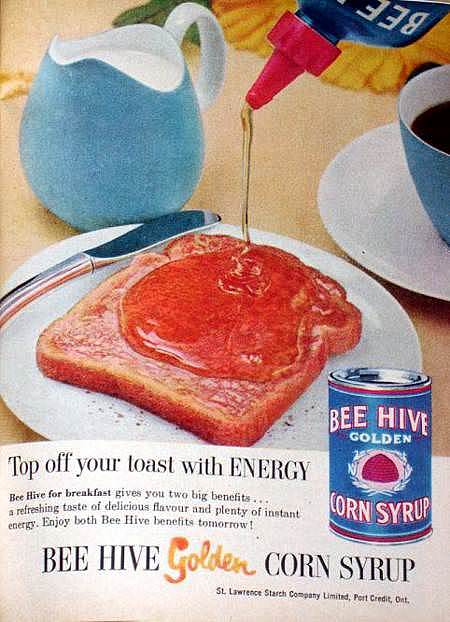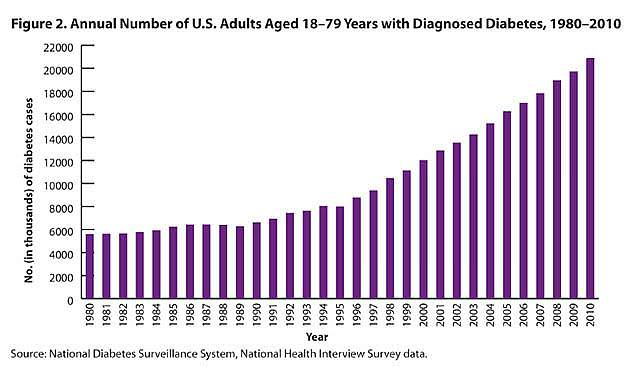Can I Eat Saturated Fat While Tracking Macros?

Based on the most current research, saturated fat consumption can be part of a healthy diet and used as a way to hit your daily total fat macro goal.
However, balance is key. You don’t want all of your allotted fat macros to come from saturated fats and you don’t want all of them to come from unsaturated either. Moderation and balance are the keys to a healthy lipid profile.
This can be hard for some people to accept since many people grew up in the “saturated fat is bad” era.
In this article, I’ll explain the old recommendation about eating saturated fat and also discuss the most current research regarding the inclusion of some saturated fat as part of a healthy diet.
The History of Saturated Fat

Credit: Miss Retro Modern
Somewhere in the 60s and 70s, under the guidance of the American Heart Association, fat was seen as the enemy.
Over time a titanic shift occurred in our attitudes towards food. Fat was out, carbohydrates were in. We were given a food pyramid and told to eat bread, pasta, and avoid fat.
The food and diet industry joined hands, eliminating fat and adding sugar. These foods were given a health halo.
Then things started to get confusing. There were all kinds of different fats. It seemed that some were okay, but some were bad. We were told to avoid saturated fats, and eat processed vegetable oils (margarine instead of butter).
Entire foods fell in and out of favor: Eggs were to be avoided. No, wait, maybe they were okay. Uh, actually they might be quite good.
And how we began to worry and stress about food.

What’s happening with Diabetes? (the split between Type 1 and Type 2 is about 5%/95%)
The problem with this theory was that heart disease didn’t really decrease and diseases like diabetes actually increased!
So perhaps saturated fats weren’t the problem after all. Perhaps it was all the processed fats and oils along with the highly refined carbs that were causing the problems.
The New Research Regarding Saturated Fat
Many health professionals and researchers have now debunked the theory that saturated fats and cholesterol are the leading causes of heart disease.
An increasing body of research is showing something different.
- The human body and its interaction with dietary nutrition is far, far more complex than we ever imagined. Therefore, genetics is a huge component of this.
- Cholesterol is also far more difficult to understand than first thought and people who eat very little can still have high LDL levels.
- Maybe saturated fat was never the problem.
- Shockingly, the very advice to eat more refined carbohydrates and reduced fat intake could be a major contributor to our growing waistlines and alarming levels of obesity.
One large UK study looked at 72 different studies and found that there was no clear evidence that lowering saturated fats reduced heart disease. The lead researcher said that “refined carbohydrates, sugar, and salt are all potentially harmful for vascular health” (BBC).
(Caveat: In true nutrition fashion, there are debunkers of the debunkers, with some questioning the meta-study’s methods.)
Another study showed that it isn’t saturated fats that cause heart disease but instead chronic inflammation. Chronic inflammation has many causing including the improper balance of fats in the diet and high carbohydrate diets.
Tracking the Fat Macro in a Balanced Way
Here’s how to satisfy your daily fat macro in a healthy and balanced way while enjoying foods that contain some saturated fat.
- Go after whole foods and avoid processed foods, especially fats.
- Eat eggs, avocados, and nuts.
- Cook with coconut oil, olive oil, and peanut oil.
- Limit highly processed oils like canola, soy, corn, and hydrogenated oils/fats.
- Use real butter from grass-fed cows instead of fake butter and margarine.
- Take an omega 3 supplement. Since we don’t typically eat enough omega 3 fatty acids in our diets. Out of balance fatty acid levels leads to inflammation.
- Choose lean meats like chicken and turkey most of the time but it is ok to have some red meat or pork on occasion.
Don’t forget that fats are a more calorie-dense food group than proteins and carbs, so don’t go overboard and stick to your personal macro recommendations.
Focusing on a single nutrient or food group as the source of all our health and obesity woes is a mistake. Balance is everything.
Fleeing from sugar is not the cure-all: we must maintain an “entire life context” if we hope to improve health outcomes. A flexible and balanced approach to dieting is better for our bodies and our sanity.
Accelerate Your Diet and Fitness Goals with My Macro Solution System
Step-by-step self-guided program -or- fully customized personal macros coaching. Feel exhilarated as you conquer your goals!
MACRO COUNTING
- 130 page step-by-step guide.
- Achieve fat loss without starvation.
- Individually tailored to your body composition.

 Calorie Deficit Meal Planner
Calorie Deficit Meal Planner Calorie Deficit Diet
Calorie Deficit Diet Carbs are Not Bad, Unhealthy, and Will Not Prevent Weight Loss
Carbs are Not Bad, Unhealthy, and Will Not Prevent Weight Loss Why is Diet and Exercise Such Hard Work?
Why is Diet and Exercise Such Hard Work? Can I Eat Saturated Fat While Tracking Macros?
Can I Eat Saturated Fat While Tracking Macros?